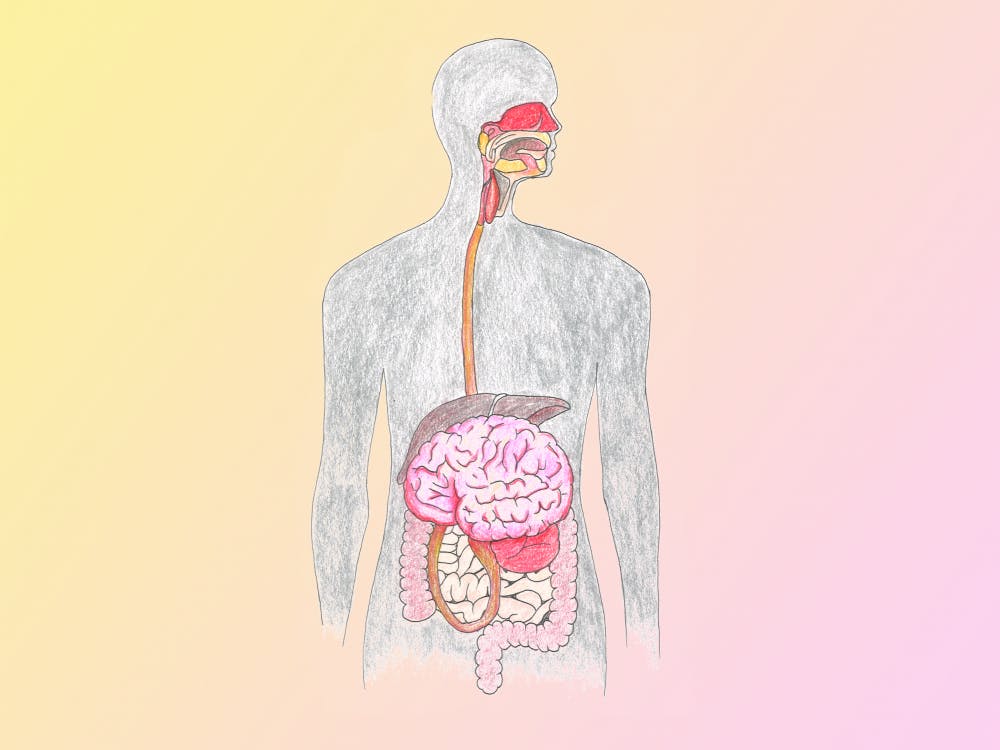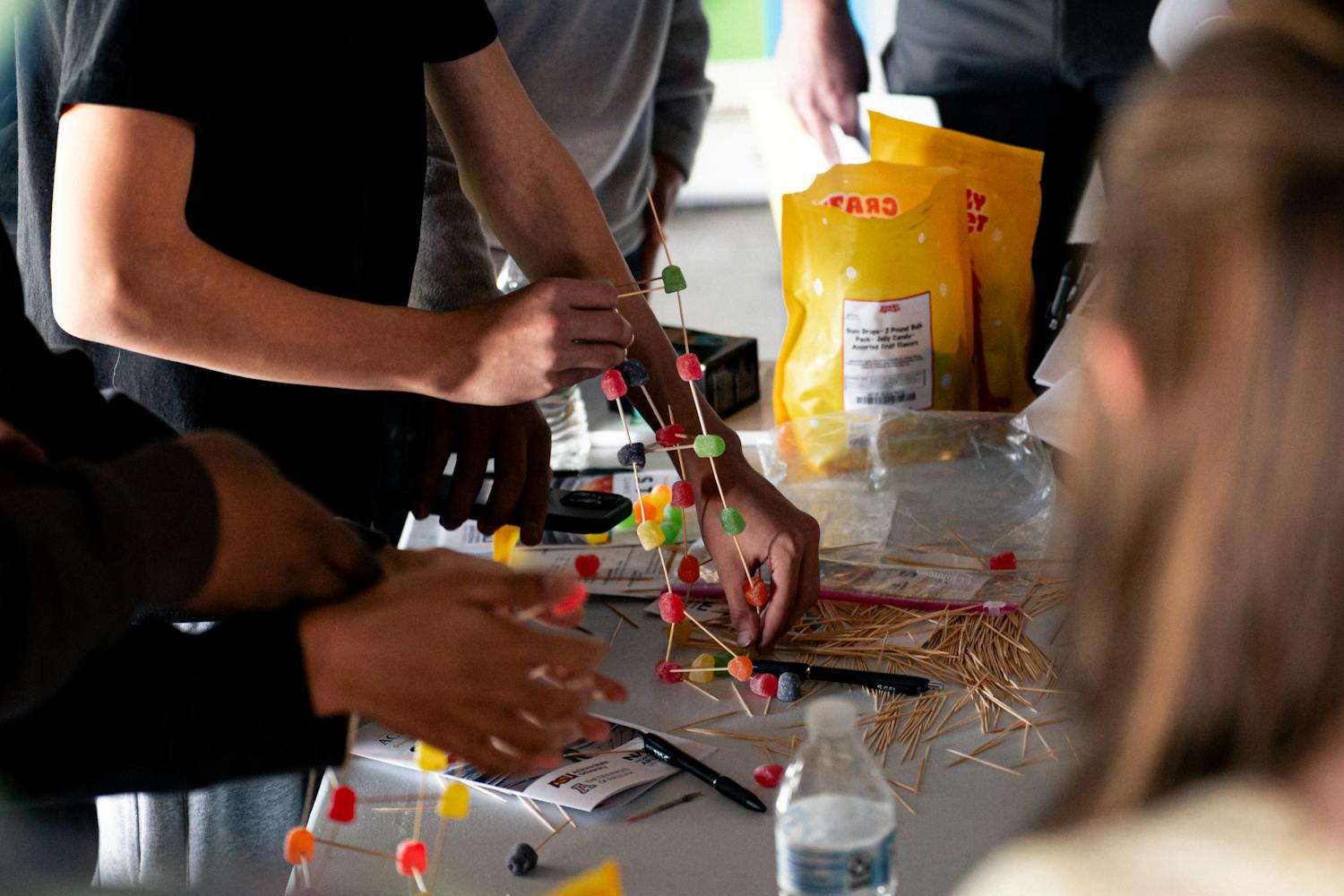A few months ago, I met a guy named Chris on the Metro light rail (long story), whose dad, a former minister and devout Christian, stopped him when he was heading out the door to go on a super fun trip he was stoked about. He told light rail Chris he had a ‘bad feeling’ and urged him to stay home. Light rail Chris, of course, disregarded this strange unseen warning.
Not more than five minutes after leaving, the car light rail Chris was in collided head on with another car. Luckily, light rail Chris came out unscathed, except for a scratched knee. The other riders, his aunt and uncle, not so much.
This is a demonstration of the power of intuition. Like light rail Chris, most people in today’s society would not believe, and perhaps even scoff at, the notion that someone could predict a danger lying ahead of them.
However, this intuitive knowing, albeit unseen, is alive as ever. Carl Jung famously called this intuition perception via unconscious.
According to research at Leeds University, intuition is a real phenomenon that requires further study to harness the potential of.
Professor Gerard Hodgkinson, who leads the team of researchers at Leeds, said, "Humans clearly need both conscious and non-conscious thought processes, but it's likely that neither is intrinsically 'better' than the other."
Robert Gardner, an ASU Tai Chi teacher, explained the difference between the two frames of knowledge in simple terms.
“The understanding of knowledge for the last several hundred years has been we know things by drawing a linear course from point A to point B, and if we can’t reproduce that course inexhaustibly, we don’t know it. Intuition is more like taking the paper and folding it to touch point A to point B,” Gardner said.
This is a very powerful, often times discounted or forgotten type of knowing, but it has been in play for hundreds of years by some of the greatest minds.
“More often than not, as I read in history, the people that discovered something, whether it be Issac Newton, Albert Einstein, Thomas Edison, or these old Taoist masters, they happened by means of a sudden knowing and then they turn around and try to get there on the paper,” Gardner said.
Many people today anticipate and even fear the event of singularity, when computers are able to replace human intelligence. However, this idea is greatly challenged when considering the unseen spectrum of existence that pulls forth intuitive knowing, especially since we rely on our intuitions more often than we realize.
Intuitive knowing is utilized in everyday life, Gardner said. “What you eat, how you maintain your body, how you interact with other people, all of that is perception and a sudden understanding of what needs to happen, outside of some logical path.”
Besides this, intuition assists in the human existential experience. Gardner explained his own experience with this: “For me, it's about knowing and honoring what comes, and that’s the same way I connect with a higher power. Some people call it the universe or God or the divine buzz or the field of potential or the Tao or whatever, whatever the label is, how you connect to that and feel support from that source is also an intuitive type of exercise where you stop trying to rationalize what is happening and instead experience it.”
If you are interested, there are ways to develop intuition.
Some people, like Dr. Katherine Johnson, even claim that intuition can be used for self-healing.
The gut, otherwise known as the second brain, contains some 100 million neurons, “more than in either the spinal cord or the peripheral nervous system,” according to an article by Scientific American.
This is just one of many reasons we ought to pay more attention to our invisible inner-knowing.
Reach the columnist at ralydfor@asu.edu or follow @ralydford on Twitter.
Editor’s note: The opinions presented in this column are the author’s and do not imply any endorsement from The State Press or its editors.
Want to join the conversation? Send an email to opiniondesk.statepress@gmail.com. Keep letters under 300 words and be sure to include your university affiliation. Anonymity will not be granted.
Like The State Press on Facebook and follow @statepress on Twitter.




